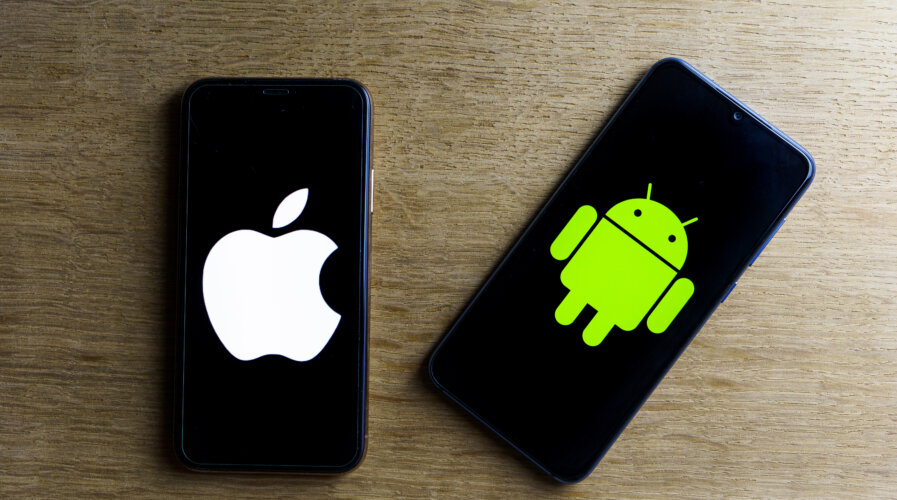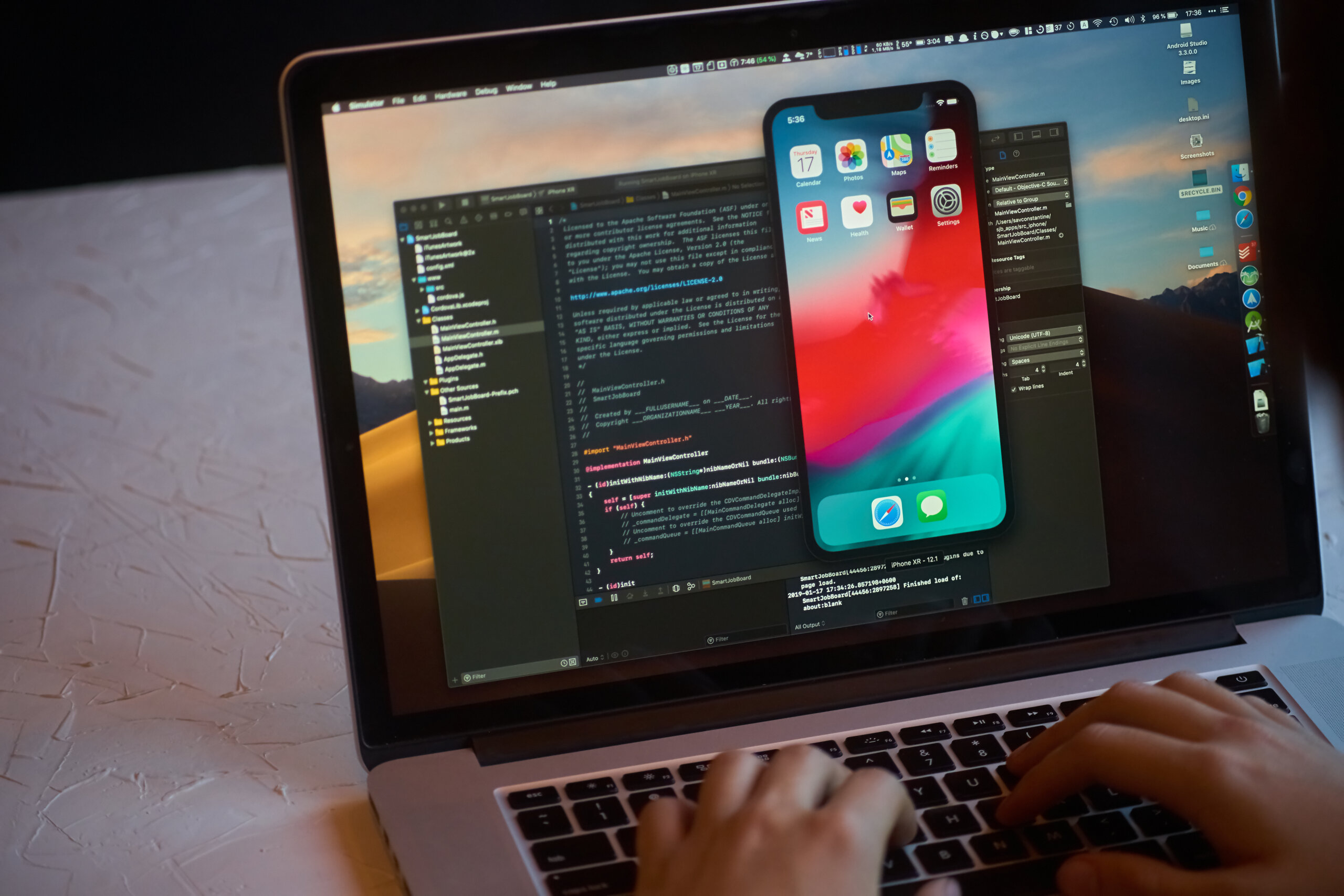
Pursuing an Android or iOS app development course? Here’s what you need to know
|
Getting your Trinity Audio player ready... |
Mobile applications have become indispensable tools that shape people’s everyday lives. Mobile application developers – or those who aspire to become one – may wonder which platform is the most beneficial for learning the development process. Studying and completing a course in either Apple iOS or Android platforms, such as Android app development courses utilizing Kotlin, offers great opportunities for developers, allowing them to create apps that cater to a wide range of users.
Benefits of iOS and Android app development course
How often have individuals been observed glued to their smartphones using a device that isn’t running on Android or iOS? Chances are, the answer would be “rarely.” Undoubtedly, Android and iOS are two of the most dominant platforms available. Their significance has grown exponentially in recent years, and their user numbers continue to skyrocket.
The iOS platform shows no signs of deceleration and is steadily securing a substantial portion of the market share. However, it’s essential to acknowledge that, as of March 2022 data, Android still leads the chart, holding 71.7% of the mobile operating system market share.
Both iOS and Android app development courses can provide valuable skills for a career in mobile app development. The choice between the two depends on an individual’s interests, goals, and the platforms they want to develop for. By considering various factors and exploring the potential benefits of these platforms, one can make a more informed decision.
The learning experience: Comparing iOS and Android
Learning a new development language requires time, and mobile development is no exception. The time to actively develop iOS or Android apps relies on one’s fundamental development knowledge, with various factors influencing their distinct learning curves.
First, iOS developers use Swift, a user-friendly language, while Android developers use Java and Kotlin, often more time-consuming. The App Store’s strict requirements make app approval challenging. Not only that, but Apple’s ecosystem is more controlled, limited to iOS devices for app development, maintenance, and management post-launch.
Android is an open-source, Linux-based mobile operating system with freely available source code, and its Linux kernel is GPL-covered. This implies that alterations to the source code must be disclosed when a binary (a compiled, executable software) is publicly released. It provides developers with considerable flexibility by enabling them to conveniently modify and adjust the programming codes.
Mobile development tools for Android and iOS
Various mobile development tools are accessible for crafting applications for both Android and iOS platforms. When selecting a tool to commence their coding journey, individuals should take the user experience within an integrated development environment (IDE) into account. This consideration helps ensure a smoother learning process and more efficient app development.
Xcode serves as the primary development tool for iOS, offering numerous advantages. It is a mature, intuitive tool with robust support and compatibility with all Apple devices, including iPhone, iPad, iWatch, and macOSX. Xcode also features Code Completion for quicker development and additional functionality for managing directory hierarchy, profiling, debugging, and asset management.

Source – Shutterstock
In contrast, Android provides a wider array of development tools. Android Studio is one option, allowing developers to create automated and customizable build configurations, configure projects for local and hosted libraries, and define build variants with different code and resources, among other capabilities.
Additionally, with the growing importance of low-code and no-code solutions, Android offers Thunkable, a no-code platform for constructing native mobile applications.
Choosing between Android and iOS development: Ease and career prospects
For individuals considering a mobile development experience as a stepping stone into a broader programming career, both iOS and Android offer distinct pathways.
Initially, Swift provides a streamlined coding experience that saves time and simplifies the development process for new programmers. On the other hand, Android apps were originally developed using Java, which has recently been complemented by Kotlin. Kotlin is interoperable with Java and enhances safety and concise syntax in Android mobile app development.
For beginners, iOS development is advised due to its controlled ecosystem, user-friendly tools, and higher revenue generation. It offers efficient development tools that reduce coding effort, resulting in a platform with greater earning potential.
Java programmers might find transitioning to Android app design easier than Swift, as Android primarily requires Java, a relatively simple coding language. Java often serves as developers’ initial exposure to object-oriented design principles. Those with a solid understanding of Java can effortlessly create successful Android applications.
Lastly, it is worth noting that it is easier to introduce new apps to Google Play than the App Store, and the Java language offers more potential use cases for long-term career benefits.
Ultimately, the best choice depends on everyone’s goals, preferences, and resources. It’s also worth noting that many developers eventually learn both platforms to expand their skill set and marketability.
For more information on iOS and Android app development courses, visit Study International.
READ MORE
- Safer Automation: How Sophic and Firmus Succeeded in Malaysia with MDEC’s Support
- Privilege granted, not gained: Intelligent authorization for enhanced infrastructure productivity
- Low-Code produces the Proof-of-Possibilities
- New Wearables Enable Staff to Work Faster and Safer
- Experts weigh in on Oracle’s departure from adland


